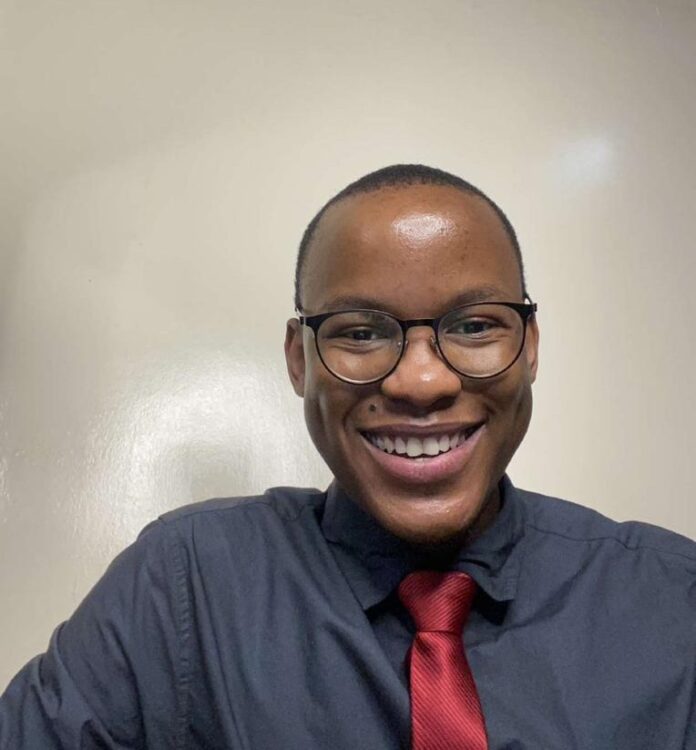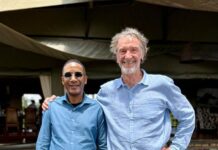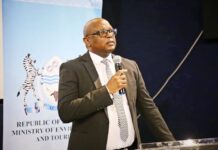Analyser by: Tumiso Mokakangwe
The transformation of base metals into gold sought by ancient alchemists was a mystical metaphor for shifting one’s fortunes. Today, there is no mysticism to the “alchemy of capital,” which references the ability of nations to convert barriers into opportunities for investment. The 2025 vision for Botswana is not only inspirational; it is imperative.
As described by classical economists Smith and Ricardo, investment flows towards places with abundant efficiency, stability, and high returns. Smith’s “invisible hand” and Ricardo’s comparative advantage conclusively point out that well-aligned systems will result in capital inflow. Regardless, “the diamond of Africa”, noted for its governance, natural resources, and human capital, still suffers from private investments primarily targeting the extractive industries. Botswana is considered one of the least corrupt countries in Africa (Transparency International, 2024). It has practised fiscal discipline for many years, but as economist Joseph Schumpeter warned, “creative destruction,” the innovative tearing down and regeneration of an economy through new industries and dynamic living, is essential for sustained growth. Botswana certainly faces a crossroads in its continuing dependence on extractives, as diamonds have been the lifeblood of its economy for years, but now the reliance risks stagnation and vulnerability.
The contradiction of Botswana’s ample resources, studying Acemoglu and Robinson’s theory of inclusive versus extractive institutions, captures the essence. Botswana is slow to transform from a managed mining economy into one that incorporates equitable market systems and fosters hospitable environments for entrepreneurship, innovation, and diversified sectors. For capital to diversify and become productive, the surroundings must be enabled first. Economist Mariana Mazzucato emphasises that the state not only needs to fix market failures but must also be involved in the creation of markets. For Botswana, this means actively constructing frameworks that enable innovative investment, enduring sustainability, and entrepreneurial spirit. This capital alchemy is about more than financial inflows; it’s a complete system overhaul: from red tape to real-time data, from bureaucratic funding straitjackets to catalytic funding, and from silence to dynamic data streams.
The Global Entrepreneurship Monitor (2024) states that Botswana has a very high rate of entrepreneurial intention. However, with greater intent to start businesses, survival rates beyond the first few years remain low. Daniel Isenberg’s entrepreneurial ecosystems argue that when talent, capital, policies, and networks come together, businesses thrive. Government agencies like LEA and BITC must shift from regulatory roles to becoming strategic incubators of ecosystems. No asset is more important to the expansion of any business ecosystem than positive human capital. Approximately 60% of Botswana is under 30, and this is both an opportunity and a risk. Given the correct access to 21st-century education, entrepreneurial skills as well and digital tools, this is the generation that has an opportunity to transform the economic story of Botswana.
Botswana’s richest resource is not its mineral wealth, but its capacity to adjust, create, and most importantly, take leadership in Africa’s new economic dispensation. You can no longer afford not to diversify. It is fundamental to sovereignty, sustainability, and shared wealth. Botswana can achieve its second economic miracle through bold leadership and collaborative effort, this time based on creation rather than extraction. Botswana’s first miracle was handling its diamond windfall with integrity and discipline. The second step must be the development of a diverse, inclusive, and future-proof economy.
The time for bold decisions is now. With the right mix of vision, policy, and investment, Botswana can move from resource richness to resourcefulness and become a model for post-extractive development in Africa.



